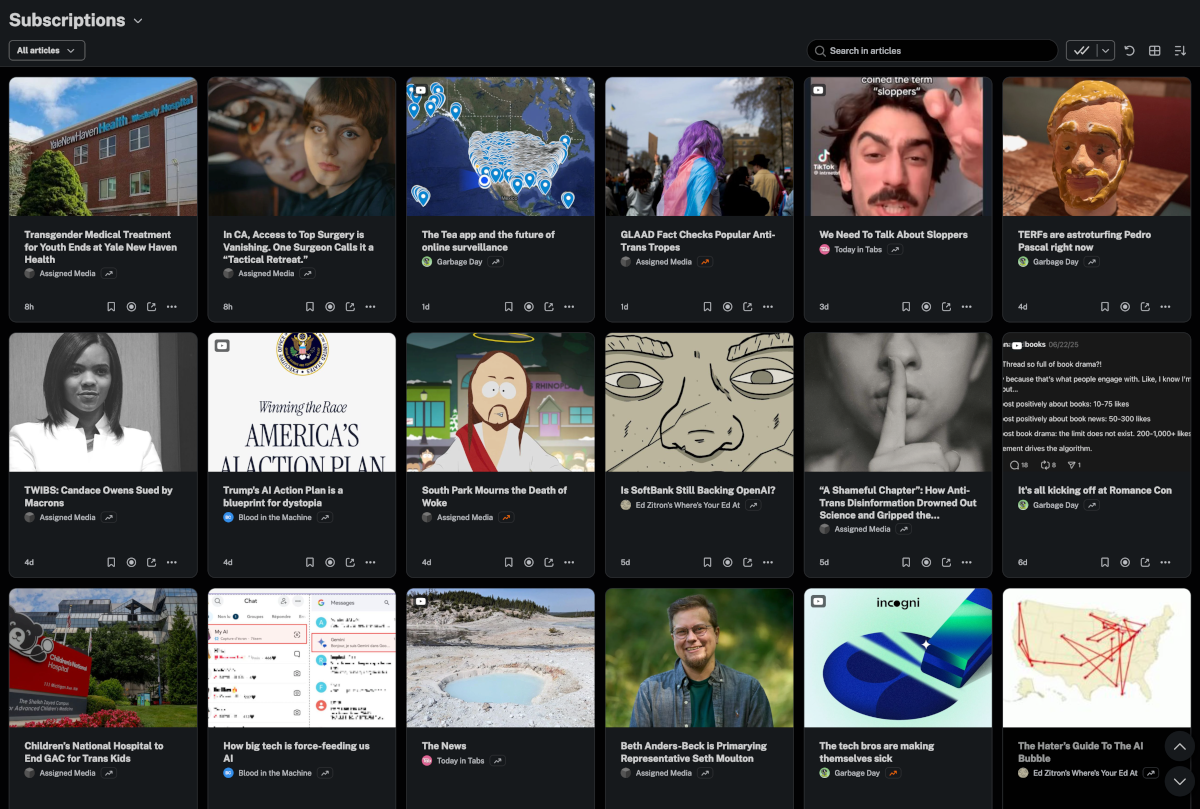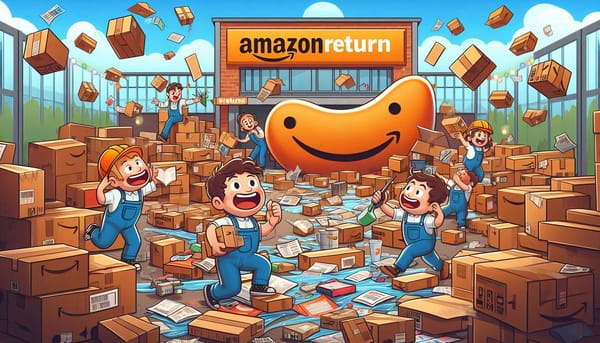The Coming (web) Traffic Apocalypse
The shift to AI summaries in searches leads to fewer click-throughs and thus a drastic fall off of ad revenue for media sites. This is driving a trend to the "newsletter" model.

There's trouble on the wind. Since the beginning, much of the consumer web has been powered by ad revenue to cover the operating costs for most outlets.
Dating back to the 19th century, when the advertisement model for newspapers was pioneered, the primary vehicle to cover costs and make a living from producing content, be they articles, stories, or diversions has been the interweaving of advertisements into the interstices between what is displayed.
The early days of the Web (circa 1998 or so) saw the nascent online display ads begin to get a toehold into this new media. Fast forward to today, and two of the biggest presences online, Google and Facebook (Meta) are basically surveillance platforms that sell ads to marketers to display to their captive audiences, whether they be their own properties (Meta and ads on Insta, Facebook, Threads, Whatsapp) or as a broker for other sites (Google). Their enormous footprints are quite literally financed by bodacious quantities of advertising.
In exchange for these display ads, the sites they appeared on were gifted with people clicking on links and driving traffic. This was a stable if not great experience for individuals, but because most people wouldn't be comfortable opening their wallet to pay say the NY Times the cost of serving them an article, it was a truce that worked. (I am ignoring the whole paywall phenomenon for now).
In late 2022, when OpenAI released their ChatGPT, the golden goose of search engine driven traffic to media sites was put on the endangered species list. While not right away was it a threat, the model that Google pioneered, a simple text box where you could type a question, and you would get a relevant list of responses in inverse order of "goodness" as judged by the miraculous "Page Rank" algorithm. Google built the algorithm, and crawled the web to build this massive database of available content, and used that to fulfill users' needs.
And it worked. (mostly). Of course, being a black box, this Page Rank algorithm led to savvy individuals probing it, looking for what it uses to judge "goodness" and then to game the system. Thus started the cat-and-mouse game of Search Engine Optimization. The use of specific attributes to a piece of content to attract the good ranking from Page Rank, and thus higher in the search results, and thus more people navigating to the page. More traffic means better ad rates, and more money paid per click.
ChatGPT threatened that.
Users were beginning to forego Google, Bing, and others to just ask ChatGPT. Never mind that the ChatGPT sucked, and didn't have new, up-to-the-minute information and context, it gave users what they really wanted – an answer. No need to look through the related ads that Google prepended, to read the titles of the answers Google populated and to choose one. You just got the answer.
And if you don't care about accuracy, that was fine.
Soon the search engine began prepending AI summaries, again using their awesome pool of data to generate 1 - 2 paragraph summaries, with reference links (that nobody checks). Looks authoritative, so the users just run with it, never looking at the real search results, off to the next big thing.
Major publishers began to see a drop off of clicks and traffic. That means less revenue. And that means they need to find other sources of revenues. Paywalls are becoming more prolific, with two smaller media sources moving to a newsletter model. This turns media into a push event, not a pull event where readers seek it out. Whether this works or not, remains to be seen, but from my own Substack experience, I am drowning in emails, for each article or post someone I subscribe to makes. This noise makes it difficult to identify what is worth reading.
The incomparable Molly White addresses this in her newsletter (naturally) here:

Oh, and now to circle back to the paywall: to get people to open their wallets for these distributed newsletters, the use of the preview "teaser" and gentle (and not so gentle) nudges to pay. The problem is, because of transaction costs, the minimum viable transaction (fees, overhead, et cetera) and people will be laying out some serious coin (this is the Substack business model, and it is clear that with their series C funding completed, a pivot to a display ad model to provide operating capital).
But at least there are fewer ads, and this allows the embedding of ads selected by the publisher, and not programmatically sourced based on the ad-tech stack's profile they keep on you. So win? I guess.
Why did I write this?
Well, I am an old fuddy-duddy, and I read Slashdot daily. Today, there's an entry about how Google is saying that they are not seeing any meaningful drop off in click through traffic from Google searches.
Color me surprised that I don't believe it. Here's the Slashdot link.
I think they are cooking these books. And they doth protesteth too much me thinks.




